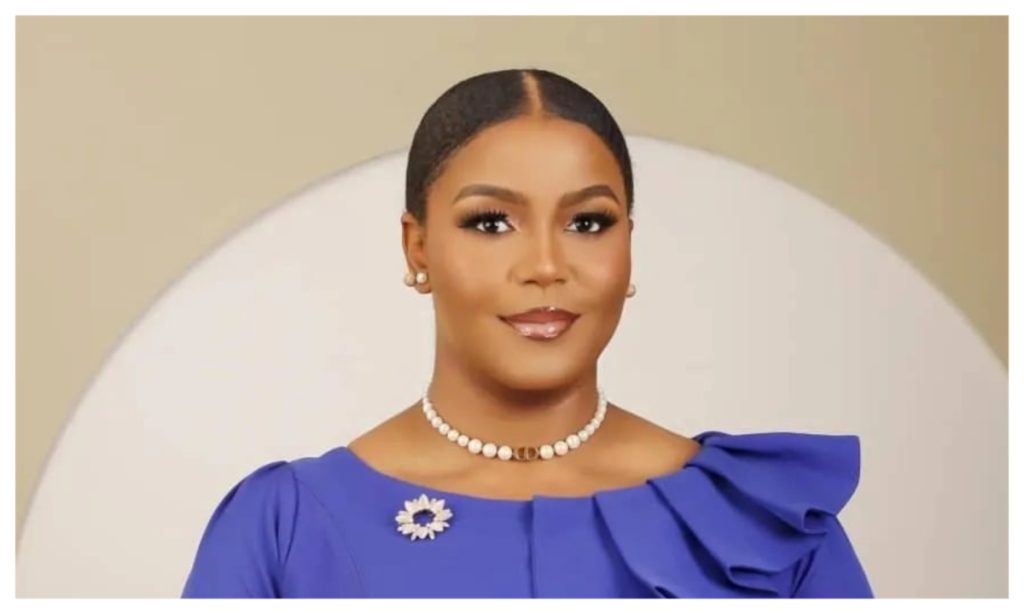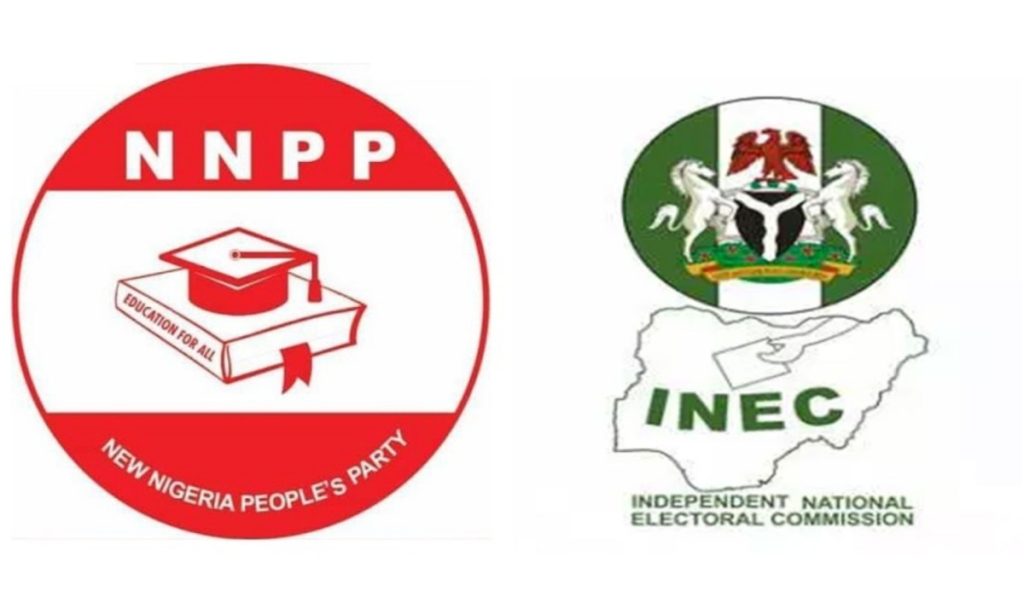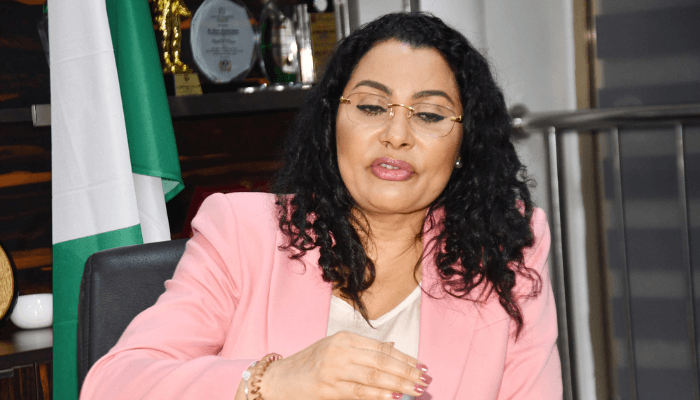Nollywood actor and political commentator Yul Edochie has sparked national conversation by publicly advocating for Nigeria’s next president to emerge from the South-East region, citing principles of equity and fairness. The actor, known for his vocal support of President Bola Tinubu, made the unexpected statement in a video shared on his Instagram page Monday, challenging prevailing political narratives ahead of the 2027 elections.
“The next President of Nigeria should come from the South-East in fairness and equity. That’s just the truth, and that’s how it should be,” Edochie asserted, emphasizing the region’s prolonged exclusion from the presidency. His remarks come amid heightened debates over power rotation in Nigeria, a nation where regional representation has long influenced electoral dynamics. Since the country’s return to civilian rule in 1999, the South-East—home to the Igbo ethnic group—has not produced a head of state, while Tinubu, the incumbent, hails from the South-West.
The actor’s stance surprised many, given his consistent defense of Tinubu’s administration amid Nigeria’s economic challenges. Edochie has repeatedly urged citizens to show patience, arguing that reforms such as the contentious removal of fuel subsidies would yield long-term benefits. “Stay strong and support the government,” he advised in recent months, acknowledging widespread hardships linked to inflation and currency devaluation.
Tinubu, elected in 2023, has signaled plans to seek a second term, setting the stage for potential intra-party tensions. Analysts note that Edochie’s intervention mirrors broader calls within certain political circles for the ruling All Progressives Congress (APC) to prioritize regional balance. However, the president’s allies have dismissed such demands, framing Tinubu’s agenda as nationally inclusive.
The South-East’s political marginalization remains a sensitive issue, with proponents arguing equitable representation could strengthen national unity. Critics, however, caution that merit should outweigh regional quotas in leadership selection. Edochie’s celebrity status has amplified the debate, drawing mixed reactions online. While some applaud his stance, others question the timing, linking it to growing public frustration over economic conditions.
As Nigeria navigates complex sociopolitical terrain, voices like Edochie’s highlight the interplay between popular culture and governance. His pivot from defending current policies to championing regional equity underscores the evolving discourse ahead of the next election cycle, where voter priorities may hinge on both economic recovery and historical grievances.



